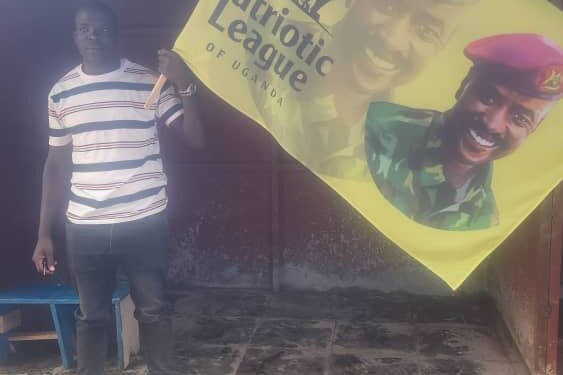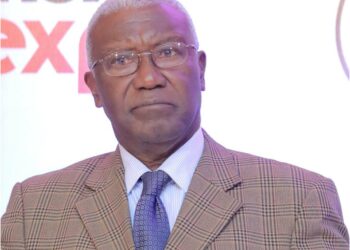AN ugly situation is just waiting to explode anytime soon in Jinja City where the authorities have vowed to go on a head-on collision with a group of youth who subscribe to Patriotic League of Uganda (PLU)and Kisanja Women over kiosks constructed along the service behind the Main Street.
Jinja RCC Darius Naninda wants the Town Clerk Edward Lwanga to urgently demolish and eject a group of about 100 youth and women who have constructed what he calls illegal kiosks on the service lane leaning on St James Secondary School.
The group led by Abubaker Terikya who is a diehard of the UPDF CDF Gen Muhoozi Kainerugaba says they are NRM youth who obtained money under different government programmes like PDM and Emyooga as part of their struggles towards wealth creation.
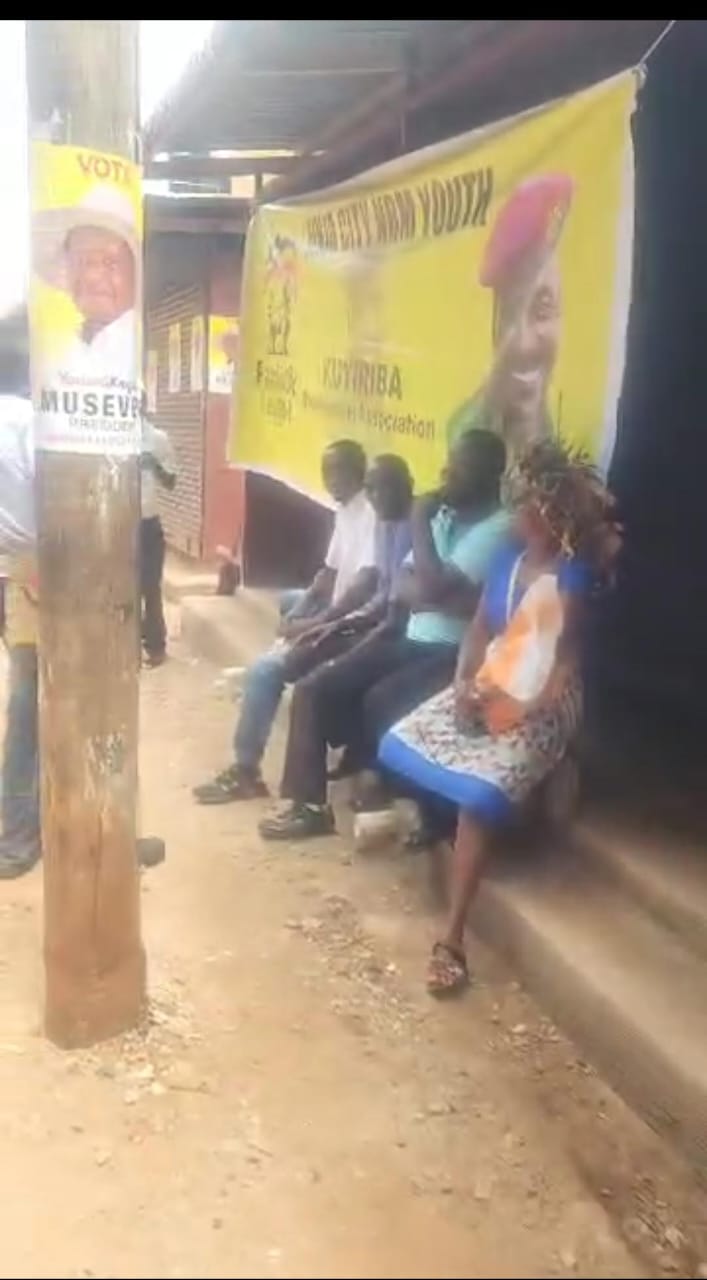
Terikya says they are shocked to hear that some of the leaders meant to support the NRM manifesto of building the youths and women are the same people frustrating the government programme.
“…you hear them shouting and hiding under the so-called trade order yet in actual sense are picking money from some unscrupulous tycoons to fight us saying PLU is a useless organization…”,Terikya lamented.
Without mentioning names, the youth and women now want intelligence to come down and investigate some leaders who are now in bed with NUP-leaning traders who are pouring money to fail the government programmes.
However, the RCC Darius Naninda dismisses the group’s claims saying all the youth and women who have constructed kiosks on the service lane in question are masqueraders.
“…these guys shouting are opposition noisemakers being led and incited by Bernard Mbayo (the Jinja City Speaker), but we cannot allow hooliganism in the city…” the tough talking RCC vowed.
He also said the land belongs to Busoga Diocese (Church of Uganda) adding the Bishop Rt Paul Moses Samson Naimanhye is very angry with the City Council authorities.
The RCC said they cannot allow a legal confrontation between the Church and Jinja City Council when there are adequate guidelines, policies, and laws in place on how to mitigate such issues.
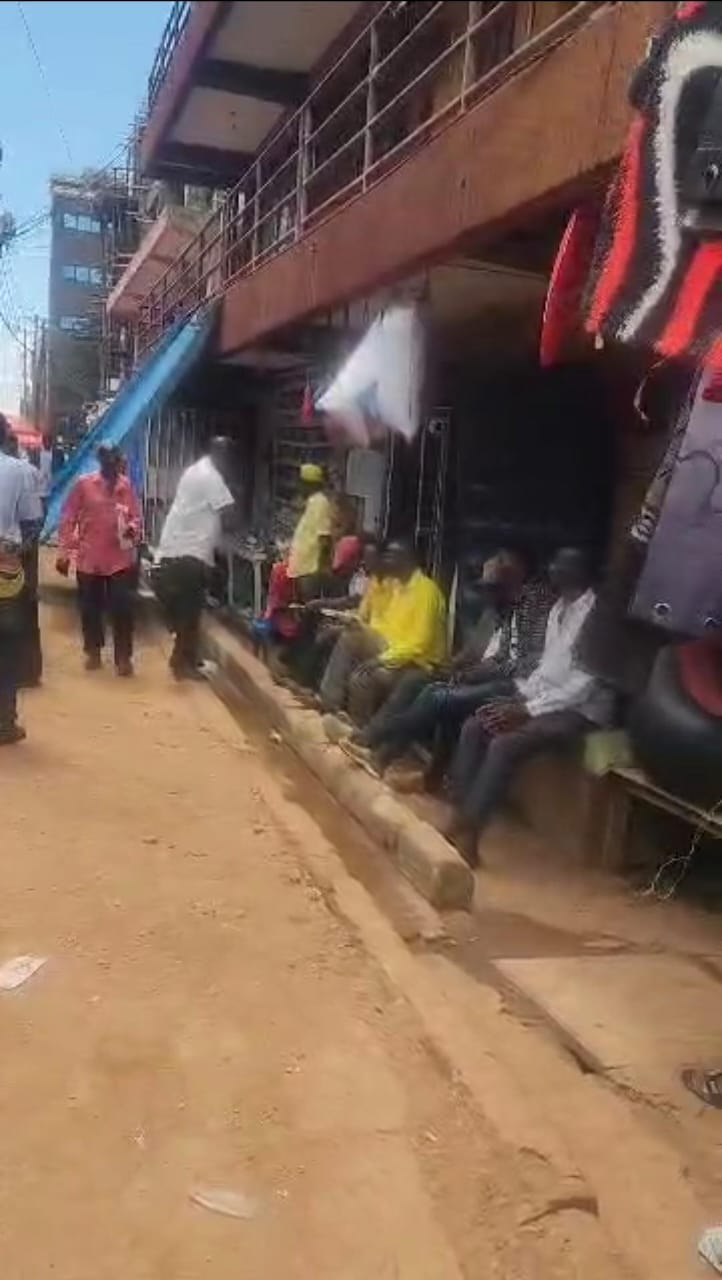
He said the trade order launched about a year ago is meant to restore business sanity in the second largest city but regretted that some misguided politicians now want to disorganize the same.
The issue has in recent weeks dominated debates on local radio stations as well as both mainstream and social media platforms with mixed reactions from members of the general public including traders.
Without citing specific sections, the RCC Darius Naninda, says construction of the kiosks is not only against the ongoing trade order campaign but against the Physical Planning (Amendment) Act, 2020.
“…a kikubo(service land) is where fire fighting trucks pass through in case of a fire outbreak and also for hosting utility facilities like cables and poles but not for kiosks…”,he stressed.
Jinja Mayor Peter Alton Kasolo has vowed to demolish the illegal kiosks which he claims were constructed by what he calls ‘NRM goons’ arguing that being supporters of NRM or PLU does not mean engaging in illegalities.
Kasolo who belongs to NUP only in theory blamed the whole saga on what he called ‘dirty and stupid politics’ being employed by some elements for cheap popularity but warned the agitators would not succeed.
He was joined by the Jinja East councilor Richard Mbazira in opposing the development as an act of lawlessness and hooliganism being promoted by some fellow councilors he described as speculators and fools.
Mbazira, who vows to fight for a well managed Jinja City, surprisingly directed his bitterness and frustrations against his friend-turned foe Bernard Mbayo for allegedly being behind the shoddy project for his own selfish agenda.
“…we (councilors) have become a laughing stock to the residents who are accusing us of being a bunch of crooks and greedy people pursuing selfish interests without any regards to their concerns…” Mbazira lamented.
When contacted, Bernard Mbayo who subscribes to the opposition FDC admitted supporting the NRM youth and women simply on humanitarian grounds saying differences in ideologies does not mean war.
“…these are the youth and women we have lived with and known for many years in this city,as leaders its our conviction that the people who voted us be empowered…”,he said.
Mbayo who is currently pursuing a diploma in human rights law at the Law Development Centre quoted the law of equity to bolster his support for the vulnerable youth and women who should also be allowed to survive in the city.
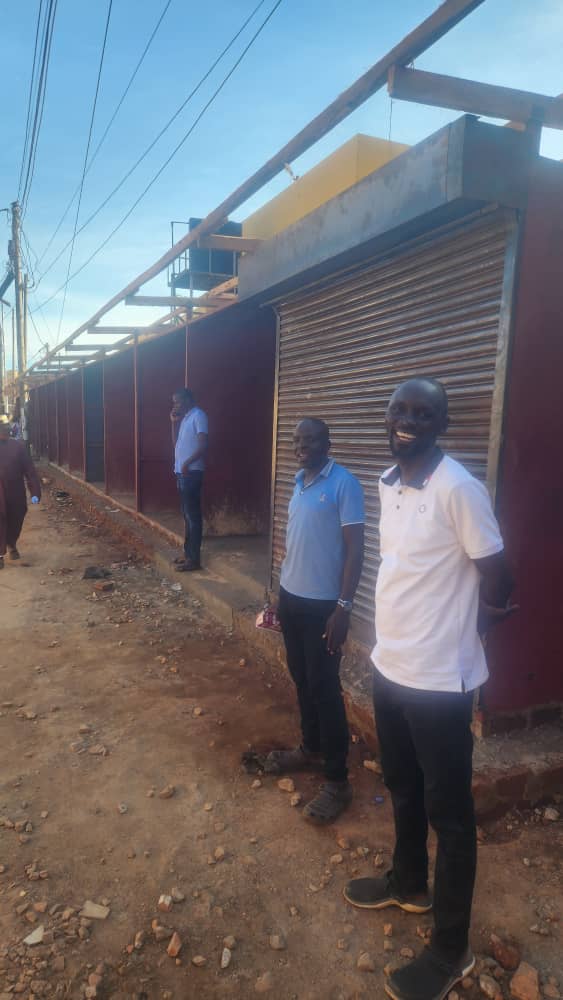
He accused the RCC Darius Nandinda of hypocrisy by pretending to support the Trade Order yet he has always opposed the exercise from the first day to the extent of sending false reports accusing Jinja City authorities of allegedly being ‘insensitive’ to the plight of poor residents.
The same sentiment is shared by a number of youth and women who accused the RCC of having been ‘compromised’ by some wealthy business people to frustrate them by hiding under trade order.
However, the RCC Darius Nandinda has repeatedly denied the accusation, which he said was an attempt to blackmail and distort the real issues at hand so that he backs off.
“…some of these fellows are experts at blackmail and propaganda which we are now used to but the truth of the matter is that the illegal kiosks must be removed and we shall give a back up to the Town Clerk…” Naninda vowed.
What You Need To Know:
In law, the term ‘equity’ refers to a particular set of remedies and associated procedures involved with civil law. According to the Legal Information Institute (LII), these equitable doctrines and procedures are distinguished from ‘legal’ ones.
While legal remedies typically involve monetary damages, equitable relief typically refers to injunctions, specific performance, or vacular. A court will usually award equitable remedies when a legal remedy is insufficient or inadequate.
According to Wikipedia, in the field of jurisprudence, equity is the particular body of law, developed in the English Court of Chancery with the general purpose of providing legal remedies for cases wherein the common law is inflexible and cannot fairly resolve the disputed legal matter.
Consequently, equity was part of the historical origins of the system of common law of England, yet is a field of law separate from common law, because equity has its own unique rules and principles, and was administered by courts of equity.
.
Do you have a story in your community or an opinion to share with us: Email us at editorial@watchdoguganda.com


